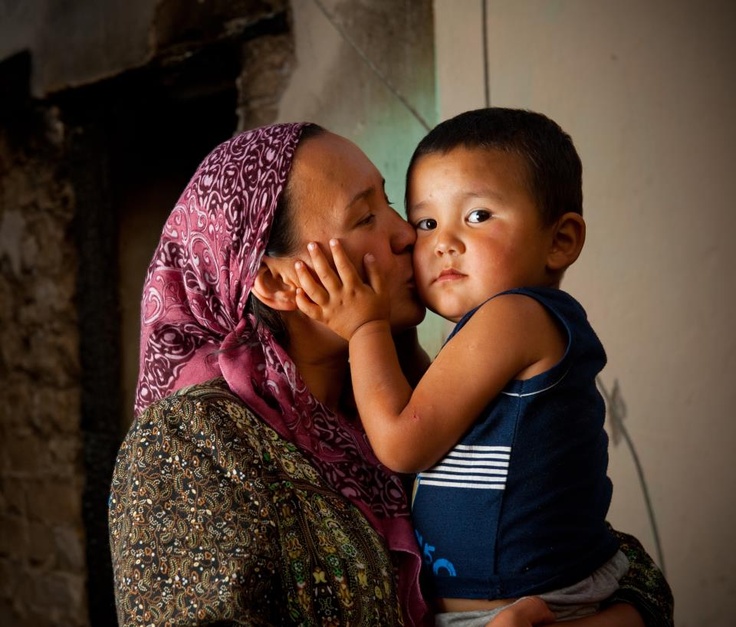ASTANA – The United Nations Children’s Fund (UNICEF) is launching two communication campaigns in Kazakhstan aimed at preventing violence against children and promoting a friendly approach to children in conflict with the law.
The communication campaigns will last three years. During the first year, events will be held in seven areas: the cities of Astana and Almaty and in the Aktobe, East Kazakhstan, Kyzylorda, Mangistau and South Kazakhstan regions. Gradually, the campaign will cover other regions of the country.
“Ill-treatment and violence against children adversely affect the psycho-emotional and physical development of children. There is a direct link between childhood trauma and adult diseases such as heart disease and mental disorders. Three-quarters of the world’s children aged between two and four experience psychological aggression and physical punishment at home. In 2016, together with the Centre for Human Rights, we conducted a study on this topic and found that approximately 75 percent of Kazakhstan’s population supports the use of violent methods of disciplining children. Child abuse does not only occur in the home: Kazakh children face violence at schools, children’s houses and on the street,” UNICEF representative in Kazakhstan Yury Oksamitny stated at a Jan. 23 press conference.
According to him, it is necessary to develop awareness of the negative consequences of violence among local population and reach a point of zero tolerance for violence against children. Relevant activities will be held within the first segment of the campaign. This work corresponds to national programmes and Kazakhstan’s national vision, he noted.
“We are trying to change social norms, bring zero tolerance to violence against children and help people develop new skills in the upbringing and treatment of children. … The second component of the communication campaign is friendly justice for children who are in contact with the law. In fact, Kazakhstan is the only country in Central Asia where the system of juvenile justice has been seriously developed,” Oksamitny pointed out, adding that UNICEF highly appreciates the work carried out in Kazakhstan to protect the rights of children.
The UNICEF representative highlighted that Kazakhstan is not afraid to look at serious social challenges and strive to find solutions.
“In this work, we rely on a high sense of responsibility, serious analytical approach and openness. Social development is not a speedy process; one cannot expect immediate changes in a short period. Nevertheless, we hope that our campaign will lead to certain changes, including the development of positive methods of upbringing in the family,” he said.
Kazakhstan’s Commissioner for Children’s Rights (Ombudsman) Zagipa Baliyeva focused on the need to change mentalities gradually and ensure the population understands that any child physical abuse is unacceptable.
“Any child abuse is unacceptable: physical, psychological and emotional. President [of Kazakhstan Nursultan] Nazarbayev constantly reiterates that our children should grow into intelligent, stress-resistant and competitive people. We want a healthy population and psychologically stable nation. For this, we shall realise that every act of any violence reduces self-awareness, self-confidence and mental health of our children even by a millimetre,” Baliyeva noted.
People believe that physical hitting, throwing, shaking, kicking, pinching and slapping are methods of discipline. In fact, they are an irreversible process of abuse resulting in serious life-long consequences. Even a small insult can provoke irreversible actions, Baliyeva said.
“Media plays a huge role as well. Watching news about violence or viewing violent images also cause negative impact and more aggression in children. I would like to say that this communication campaign represents a systematic approach. We are all responsible for our children,” she noted.


